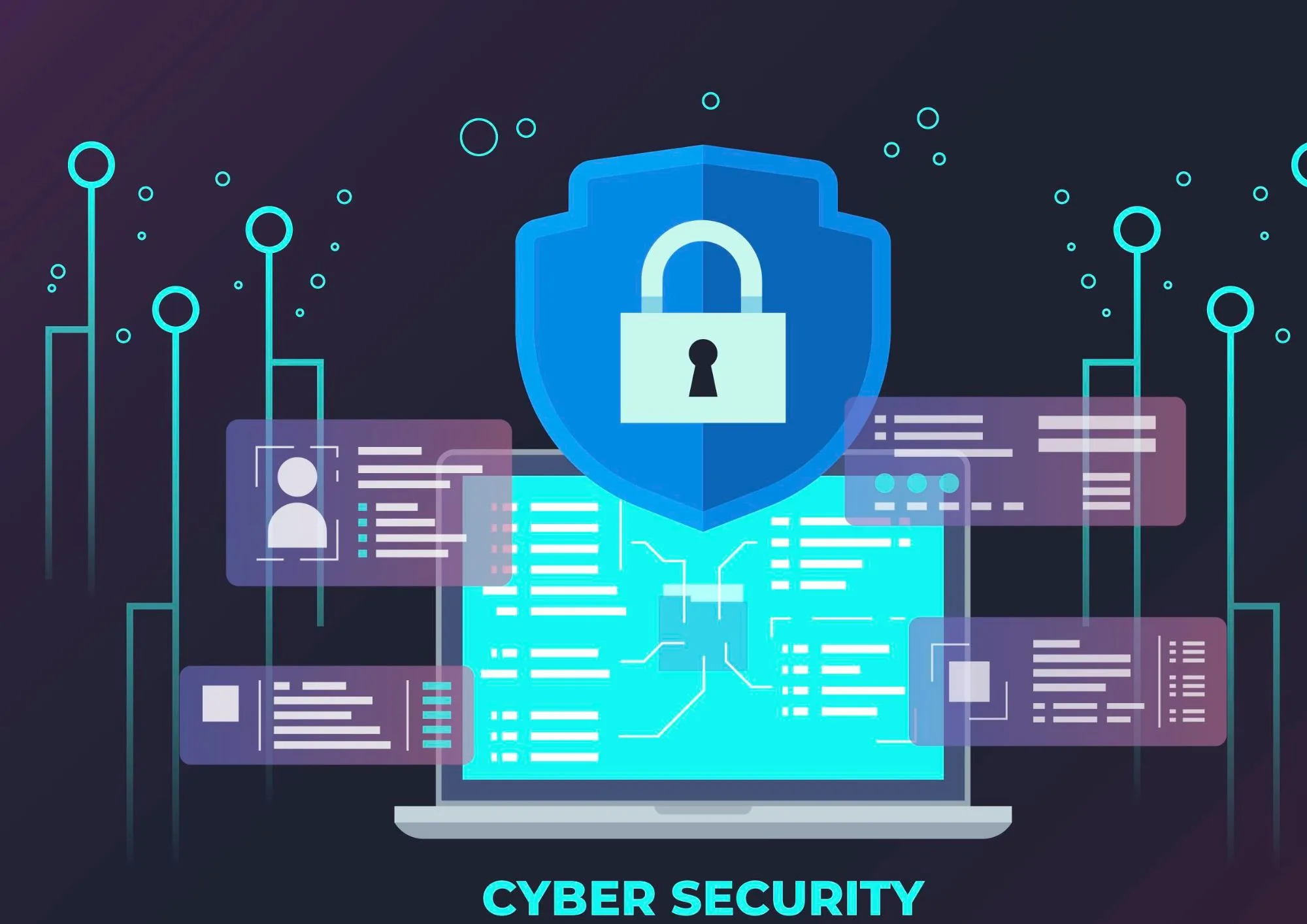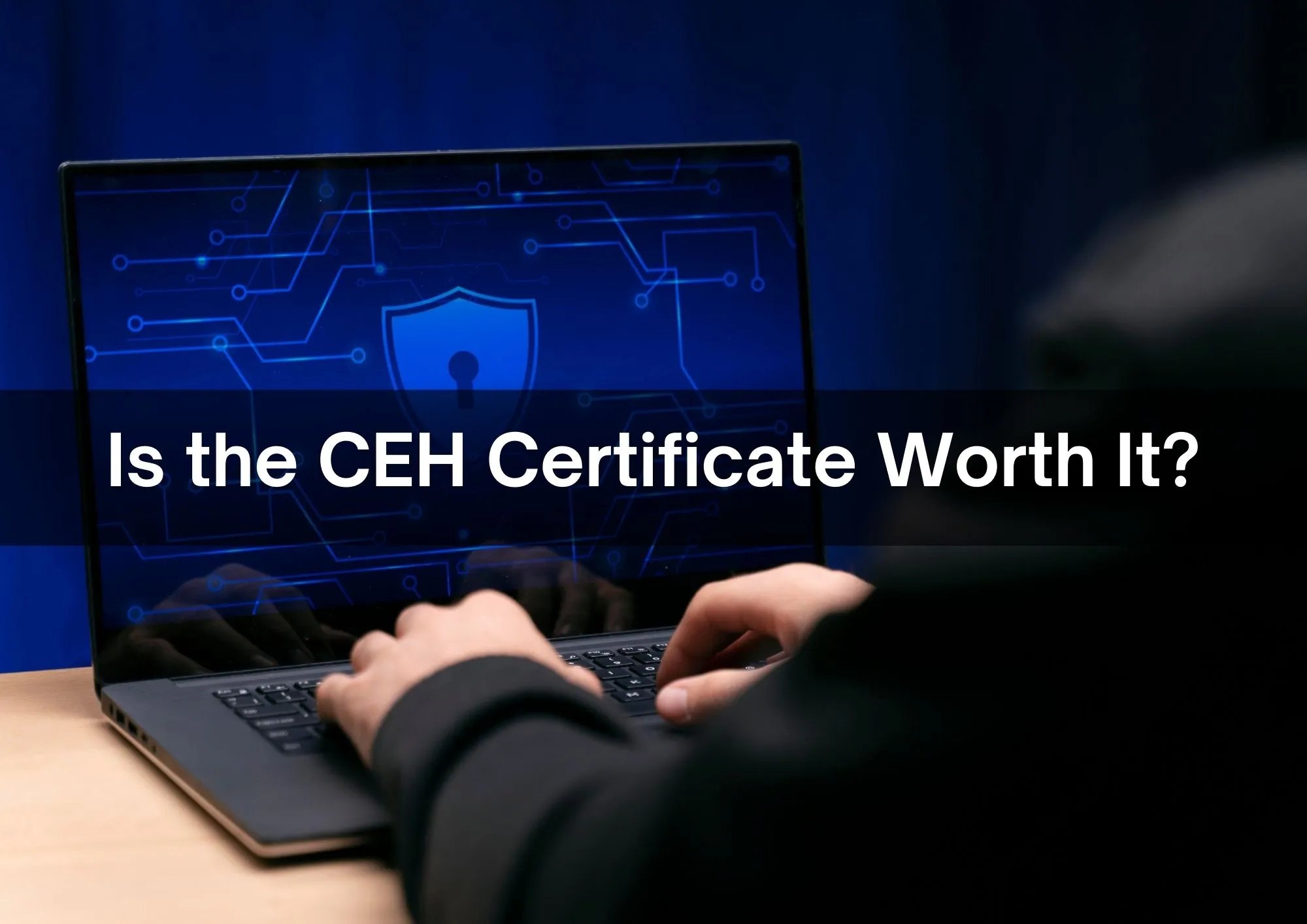Phishing Scams in the UAE: How to Spot and Avoid Them
We’ve all been there: you open your inbox, and there’s an e-mail that seems a bit fishy. Maybe it is out of your financial institution urging you to “verify your account immediately,” or a transport carrier demanding payment to avoid a “missed transport.” These are conventional phishing scams, and they’re getting sneakier by the day.
Cybercriminals in the UAE are masters of hide. They craft emails that appearance nearly equal to those out of your financial institution, ship texts that seem to come back directly out of your preferred on-line store, or even make calls pretending to be from tech assist. Their goal? To trick you into delivering your personal records – passwords, credit card numbers, the works.
Common Phishing Methods: Phishing scams in the UAE.
Email phishing:
This is the most common form of phishing, in which fraudsters send emails masquerading as communications from trusted sources. These emails may ask recipients to update account information, verify login credentials, or claim prizes.

Smishing
Similar to email phishing, but done through SMS messages. Scammers can send information that appears to be from banks, delivery services, or even government agencies, asking for sensitive information or directing subscribers to suspicious websites
Vishing
This includes voice manipulation, where fraudsters place phone calls posing as bank executives, technical support representatives, or other authoritative figures to extract confidential information
How to guard yourself:
Be skeptical
If something appears too exact to be genuine, it in all likelihood is.
Verify, verify, affirm: If you acquire a suspicious e-mail or message, touch the organization directly the use of a cellphone wide variety or email cope with you recognize to be valid.
Strong passwords are your friends: Use precise, complicated passwords for all of your online accounts.
Two-element authentication (2FA) is a lifesaver
Enable 2FA each time possible. This adds a further layer of safety and makes it plenty tougher for scammers to get admission to your money owed.
Keep your software up to date
Regularly update your running device, antivirus software program, and net browser.
Public Wi-Fi? Proceed with warning
Avoid having access to sensitive information, like on-line banking, on public Wi-Fi networks.
What to do if you encounter a phishing strive:
Reporting Phishing Attempts
If you come upon a suspected phishing try, file it to the relevant authorities. In the UAE, you may record phishing activities to the National Cyber Security Authority (NCSA). You also can document phishing emails to the UAE’s Computer Emergency Readiness Team (CERT).
The Role of the National Cyber Security Authority (NCSA)
The NCSA performs a critical role in combating cyber threats in the UAE, consisting of phishing scams. The authority gives guidance, sources, and attention campaigns to teach the general public about cybersecurity dangers. By participating with government organizations, organizations, and individuals, the NCSA strives to create a safer digital surroundings for all.
Conclusion
Phishing scams pose a large risk to individuals and agencies within the UAE. By staying informed, practising caution, and enforcing the vital safety features, you could extensively reduce your chance of falling sufferer. Remember, vigilance is fundamental. By being privy to common phishing strategies and taking proactive steps to guard your self, you could navigate the digital international with confidence and protection.
For in addition in-intensity knowledge on cybersecurity first-rate practices and danger mitigation techniques, keep in mind enrolling in a reputable cybersecurity course.









